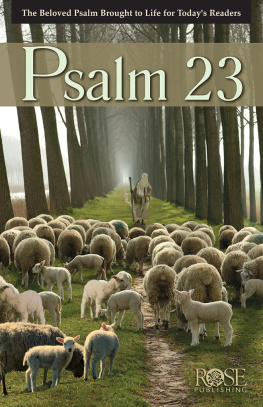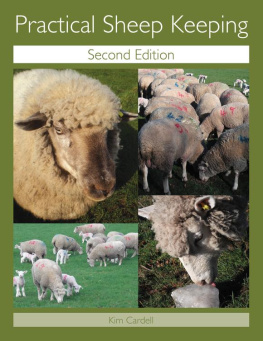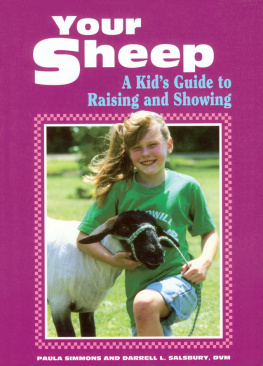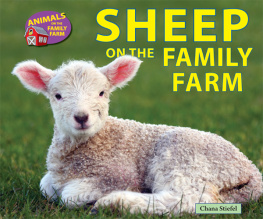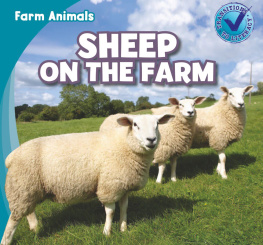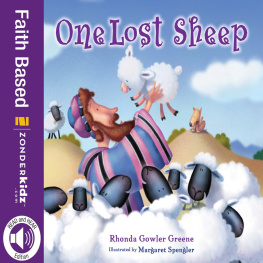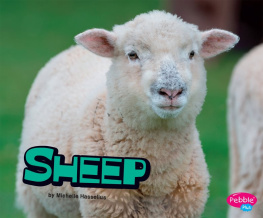Thank you for downloading this Simon & Schuster ebook.
Get a FREE ebook when you join our mailing list. Plus, get updates on new releases, deals, recommended reads, and more from Simon & Schuster. Click below to sign up and see terms and conditions.
CLICK HERE TO SIGN UP
Already a subscriber? Provide your email again so we can register this ebook and send you more of what you like to read. You will continue to receive exclusive offers in your inbox.
We hope you enjoyed reading this Simon & Schuster ebook.
Get a FREE ebook when you join our mailing list. Plus, get updates on new releases, deals, recommended reads, and more from Simon & Schuster. Click below to sign up and see terms and conditions.
CLICK HERE TO SIGN UP
Already a subscriber? Provide your email again so we can register this ebook and send you more of what you like to read. You will continue to receive exclusive offers in your inbox.
Introduction
It feels rather long ago now, the time we lived in Stockholm. Initially we thought of the move out to the country, to my parents farm, as a project, as a period when we would be doing something different. Maybe even as a longer kind of holiday. Several of my colleagues at university, where I taught literary studies, had received a grant of some kind to do research abroad for a couple of years after completing their doctorates. That sort of thing.
At that time there were several of us who became aware of the environmental crisis and the impending catastrophe. Whats going to happen when water fails to come out of taps, electricity from plugs, or cash from dispensers? I was also starting to think about global patterns of resource flows. I realized, of course, that the world was unfair, but I hadnt really thought about the direct connection between high and low standards of living. The conclusion I drew, a bit hastily perhaps, was that the only way to seriously tackle the threat to the climate and global injustice, while also making sure of the bare necessities when it all came tumbling down, was to start growing our own food and chopping our own wood. And getting some sheep.
The whole idea was completely absurd in the situation I found myself in back then. I lived in a flat, commuted to work, pretended to be aware by going to political meetings and vegan restaurants. The best thing we could come up with when we used to talk about making a difference was to write an article or start a Facebook group. My colleagues and I might convince ourselves that we barely contributed anything at all to economic growth and consumption. Although this sounded a bit hollow when the salaries we received were spent in full on luxuries and indulgences.
But there was something that appealed even more. A vague and yet powerful feeling. I wanted out. To be outside. In Stockholm, I was like an indoor cat. Everything I needed was in packages, served up in boxes of one kind or another. I had been domesticated and made passive, never experiencing any immediate contact with the elements. I never really needed to know what the weather would be like. Suddenly I wanted to be out there, feeling the cold in my fingers, hitting myself on the thumb, and wearing my trousers out at the knees.
This feeling was exacerbated by placing the children in a kindergarten on the other side of the inner city. We had to travel by tube (subway) for forty minutes every morning and again in the afternoon. The children lay down on their backs along the aisle floor. They were simply exhausted by the situation. It made me think: We dont belong here. Weve got to get out.
As if by divine intervention our moving plans coincided with my parents wanting to leave their farm. My parents farm seemed to be the perfect combination of individual family homes, vegetable gardens, paddocks, and agricultural buildings within one commune. At the beginning of the twentieth century the farm had been a kind of miniature feudal society. In addition to the buildings used for agricultural ends, a number of homes had been built for the people who worked on the farm. With the restructuring of the agricultural sector, the feudal lord had become just another small businessman, the dwellings were turned into housing associations, and the huge cowshed with the magnificent round barn (a peculiar construction that looked like a combination of Shakespeares Globe and a pagan cathedral) became an abandoned museum object.
The idea was that we would occupy the old core of the farm. The big fields and the cowsheds could be rented out. We took over the tenancies of some of the houses and created an oasis of non-mechanical small-scale agriculture in the midst of the high-tech, fossil-fueled landscape of modern farming.
All our friends back in the city, the ones who lived on the same tube line, were convinced we would soon be back. But it was too late. Were sheep farmers and country people now. When I lived in Stockholm my mother used to be appalled by all the noise, the hustle and bustle. It couldnt be good for the children.... I would roll my eyes, thinking she was a stick-in-the-mud. Now Im appalled by life in the big city as well. It cant be good for anyone.
Toward the end of that first summer, my wife and I were looking over the hedge at the big fields one warm evening. We had labored all day at harvesting root vegetables. We had gathered enough to feed a family for an entire year. From one crop. Huge headlights were sweeping across the fields out there. They were coming toward us. A whooshing and subtly complex sound was getting louder. A gigantic combine harvester swept past us in a disdainful pirouette. We realized that every minute it was gulping down the food supply for thousands of people.
This is the end of the world, I said.
July 3
Baa-aah! There they are. I cant really see them, but they seem to spend most of their time over in the copse. The sheep. Sheep, plural and singular in the same word. I think of the critic Horace Engdahl. Several years ago I admiredor at least, I was interested inhim and others like him. Someone said he seemed worried about ending up alone and insignificant. He who is afraid of being alone has perhaps never had true company, he who is afraid of insignificance... Bah.
July 5
The ewes are lying there neatly by the garden. The group doesnt look that big. There should be twelve, plus sixteen lambs, but closer up it looks more like... nine. They seem content. They like lying on a little slope, looking down. As if they knew what was what.
July 10
Small paths appear across the fields. The sheep follow one another so as not to trample the pasture. I never would have thought of that idea myself.
July 13
Its hot. They lie in the shade under the great oaks. In spite of their wool, its said they dont suffer from the heat. Sheep were historically desert animals. There is an old so-called pasture pump in the field. The animals can pump water up themselves from a well. Theres a kind of lid over the water trough, and when its kicked away the pump mechanism starts. Its actually made for cows, and of the sheep, only one of the older ewes ever manages to bring up any waterand only when she gets cross. I walk over and pump up a few liters. They dont actually drink that much.
August 1
You have to check the sheep at least once a day. In the summer they get along fine by themselves, so its mostly a case of checking theyre still alive and that theres water. There are a few of us on the farm who try to look after the sheep collaboratively. Weve had various systems for dividing up the duties, people have come and gone, but the sheep have remained. One system was based on us writing down times. One check on the field, ten minutes. In hindsight it seems unworkable. It took the charm away a little too. One of the fun things about keeping sheep is that now and then it feels like something other than a job or a duty. Perhaps the feeling can best be summed up by the idea that its not I who keep the sheep, but the sheep who keep me.
Next page

